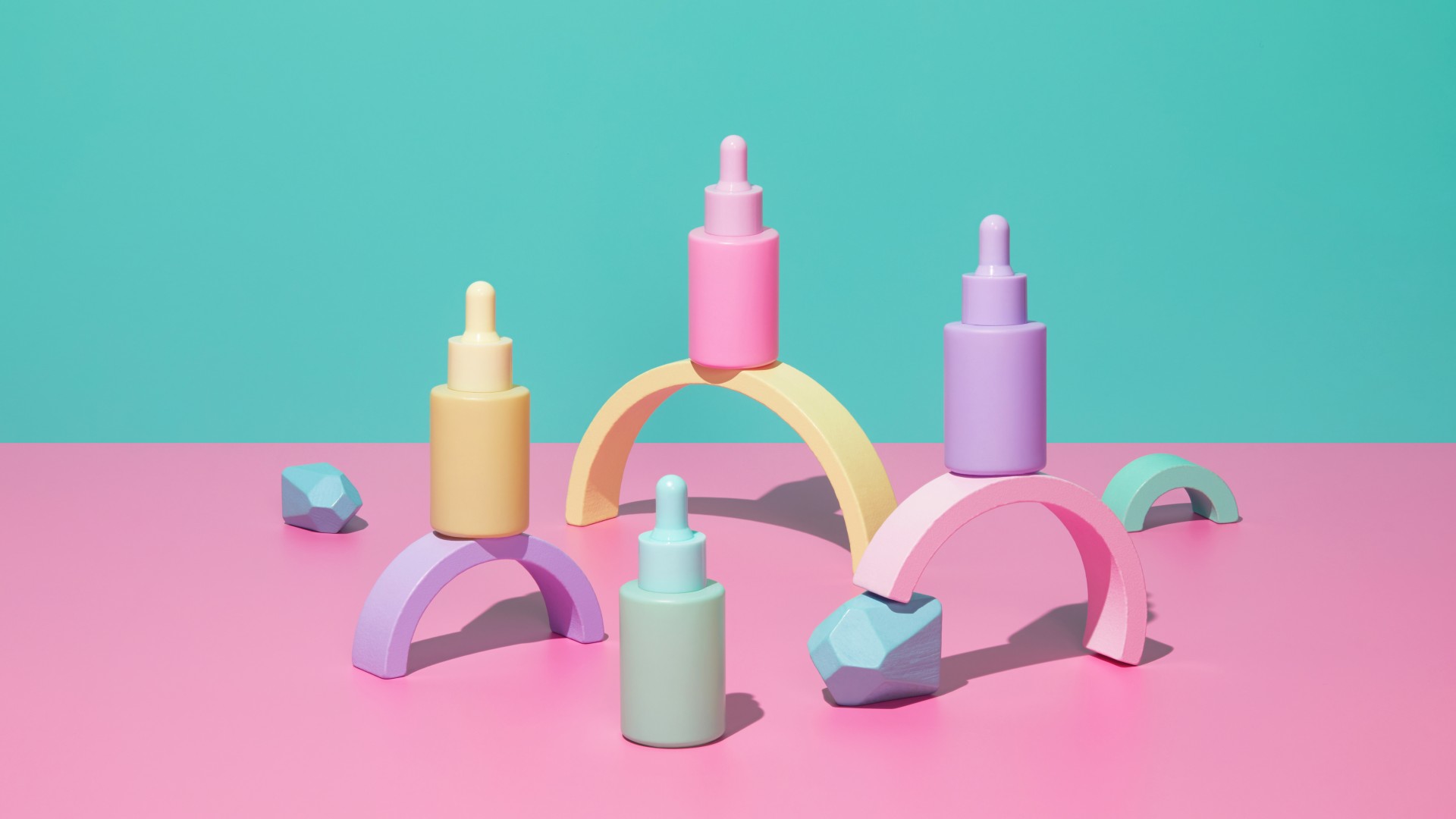Teens and tweens have a growing skin care assumption that is maintained by newly started minor influencers that hawks developed, expensive routines. A new peer-reviewed study, published in pediatrics by researchers at Northwestern University, found that girls as young as seven follow routines that do more harm than good. The news confirms the fear that many parents have to introduce skin care for their children, but experts say there are ways to do it safely. This is how.
Cut down unnecessary active ingredients
The study emphasized the abundance of active ingredients that are applied to teenage skin through these routines. This includes “citric acid, lactic acid, glycolic acid and salicylic acid”, all of which are “mild chemical exfoliants known for their anti-aging effects”, said Parents. There is little benefit from these exfoliants for “tweens and teenagers who do not have acne and who really do not have sunny sites or wrinkles yet,” said Molly Hale, the study author and professor at Northwestern University.
Tweens and teens do not have to follow elaborate 10-step Skin care Routines, board -certified dermatologists Kristin Baird told the outlet. “A mild detergent, moisturizer and daily SPF are often more than enough to support healthy skin.”
Subscribe to The week
Escape your echo chamber. Get the facts behind the news, plus analysis from several perspectives.
Subscribe and save
Register for this week’s free newsletter
From our Morning News Briefing to a weekly newsletter every week, get the best of the week delivered directly to your inbox.
From our Morning News Briefing to a weekly newsletter every week, get the best of the week delivered directly to your inbox.
Incorporate sunscreen
One of the most worrying results in the study is that only 26% of the elaborate skincare regimes included included sunscreen“, without doubt the most important product for all age intervals, but especially for children,” said Really simple. Broad-Spectrum SPF, “preferably in a mild mineral formulation”, should be a “fundamental part of every daytime skin care routine that begins in childhood.” Starting to protect the skin early from UV injuries is “much more influence than any trending serum or mask.”
Although many teenagers will have a good time with a downplay routine of just one detergent, sunscreen and moisturizer, some may have persistent acne problems. As a child near puberty, they can “produce more acne-causing hormones”, said CNN.
In these cases, Sonal Shah, head of pediatric dermatology at University Hospital Rainbow Babies & Children’s Hospital, recommends that you try products containing either salicylic acid or a low percentage of benzoyl peroxide. Teen skin care “does not have to be complicated and does not have to be very expensive.” Parents can talk to a board -certified dermatologist or pediatric dermatologist “if there are skin problems that are significant or do not respond to treatment without disk.”
Monitor what your children are watching – but keep an open mind
If your Tween or teen seems to be drawn to a skincare trend on social media that can be harmful to their skin barrier, as well as their self -esteem, it may be best to try to limit their exposure to popular skin fluids. The first step is to “Limit access to Tiktok And other social media until your tween is older, 13 and up, “said Molly O’Shea, pediatrician and spokesman for the Academy of American Pediatrics, to parents.
For older children, it is important to try to understand the social aspect of youth beauty and wellness content, Hales told CNN. The videos show a “kind of playful self -expression that is very appealing to this age group,” she said. This is especially true for “girls who are just starting to develop their own sense of independent identity, how they present (themselves) in the world, their gender identity and in many cases what it means to be a girl in our society.”
Talk about your worries
The most important thing is to deal with your problems directly with your children. It is best to “have open conversations with children about the messages they see on social media, as well as their own intentions behind buying special skincare products,” Jennifer Harriger, professor of psychology at Pepperdine University, told CNN.
Ask them questions about why they feel drawn to certain skin care trends. Often Baird told Parents: “They are looking for control, trust or a sense of belonging, not just better skin”

